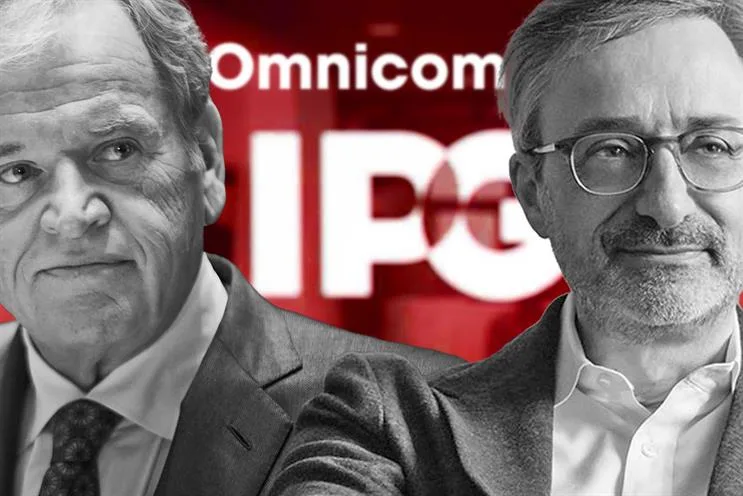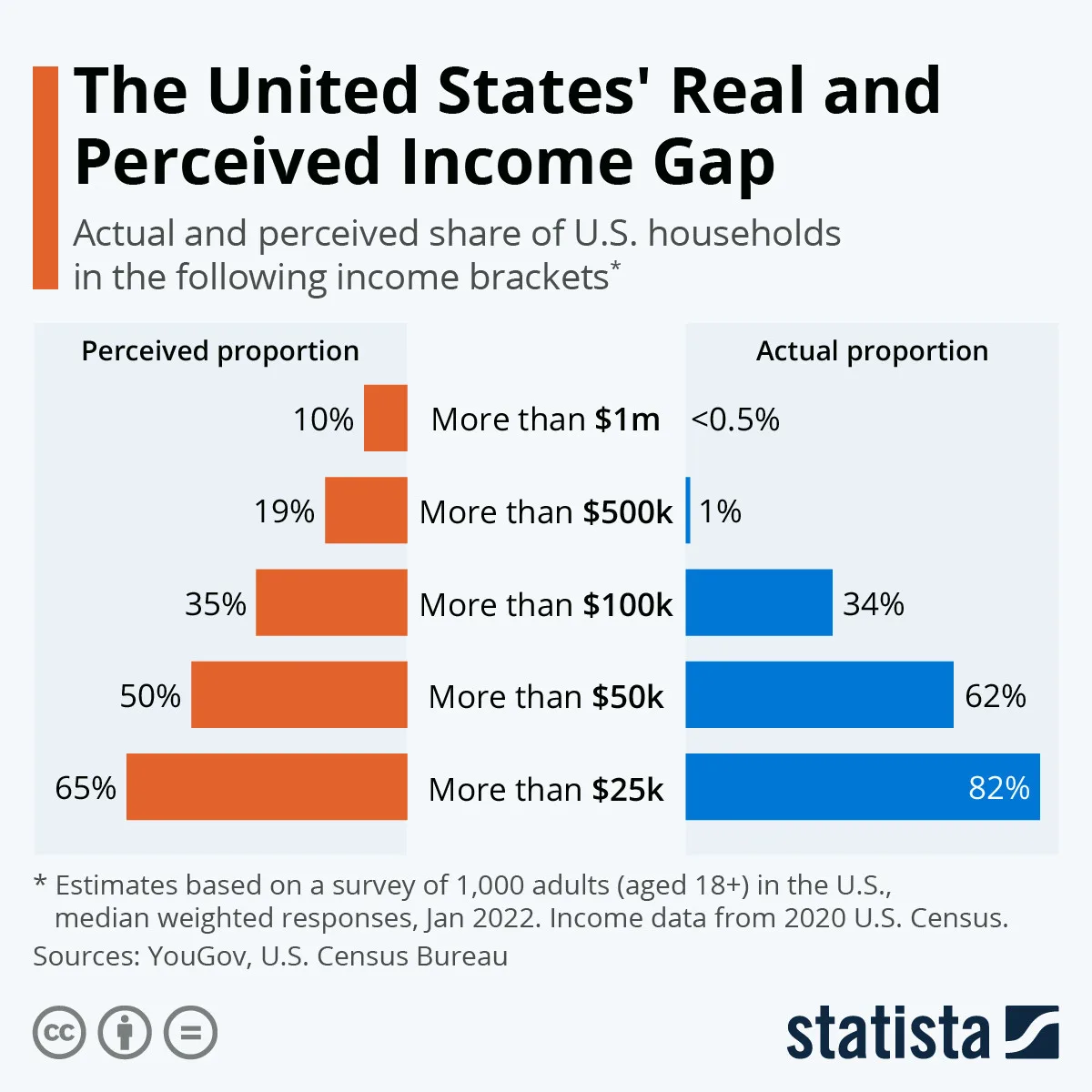In a landmark deal that could reshape the advertising landscape, Omnicom Group Inc. and Interpublic Group of Companies (IPG) have announced a merger that cements their positions as industry powerhouses. The agreement, valued at $35 billion, was formally disclosed on December 8, 2024. Both companies have indicated that the merger responds to the evolving needs of clients for marketing solutions that leverage scale and innovation. ‘This merger signifies an unprecedented collaboration intended to deliver enhanced marketing solutions across disciplines and geographies,’ said Omnicom CEO John Wren. ‘Together, we will redefine the advertising landscape for both our clients and consumers,’ added IPG Chairman and CEO, Philippe Krakowsky. Analysts are optimistic about the merger, suggesting it will provide clients with a more diverse range of resources and creative capabilities. The combined entity will oversee more than 20,000 employees and an extensive portfolio of global brands, solidifying its place among the top three advertising firms globally. Industry veterans have noted that scale has become imperative in the current advertising environment, where consolidation is the norm. The proposed merger follows a series of consolidative moves in the industry, underscoring a shift towards larger, integrated marketing services. This strategic alignment may not only enhance operational efficiencies but also drive revenue growth in an increasingly competitive market. Market analysts predict that the merged company could achieve over $12 billion in revenue annually, which would position it favorably against rivals like WPP and Publicis Groupe. Both Omnicom and IPG will continue to operate as separate brands during the transition process, with a complete integration plan expected to roll out within the next 18 months. The announcement has already caused ripples across the advertising realm, with other agencies anticipated to reassess their own business strategies in light of this significant structural change. ‘The landscape is shifting, and agencies must adapt or risk obsolescence,’ stated industry expert Linda Kline.
Omnicom and Interpublic Merger Marks a New Era in Advertising











